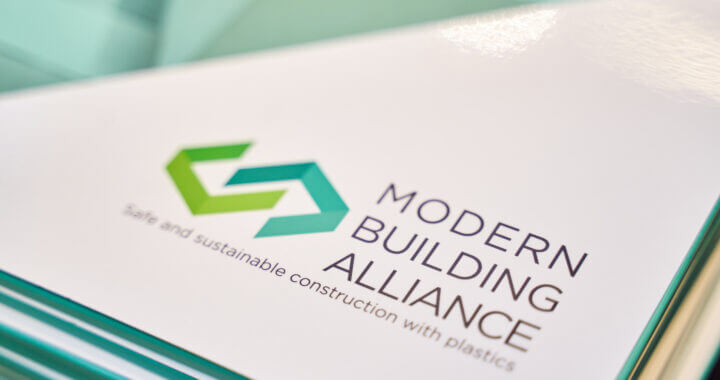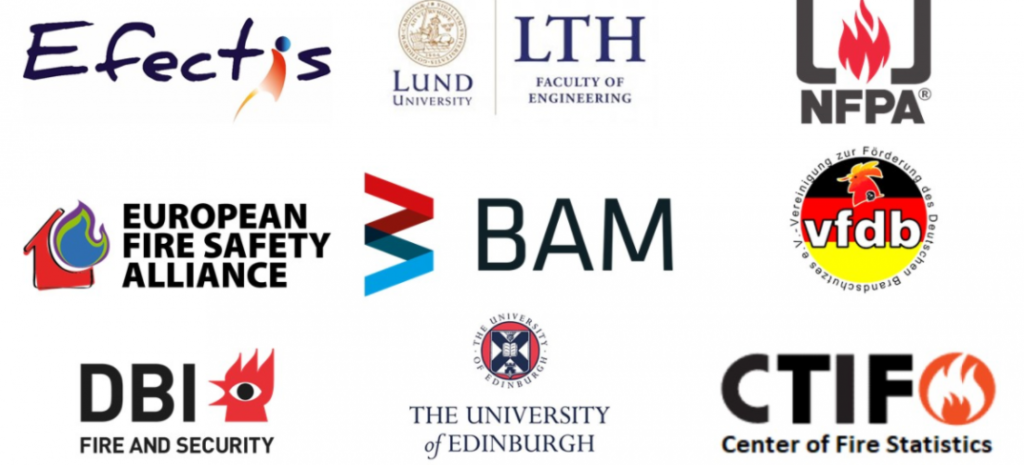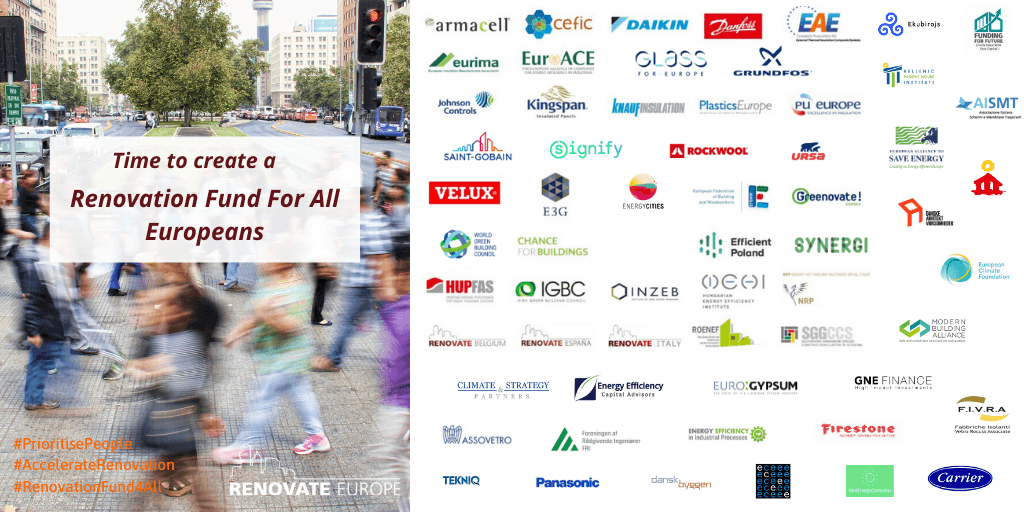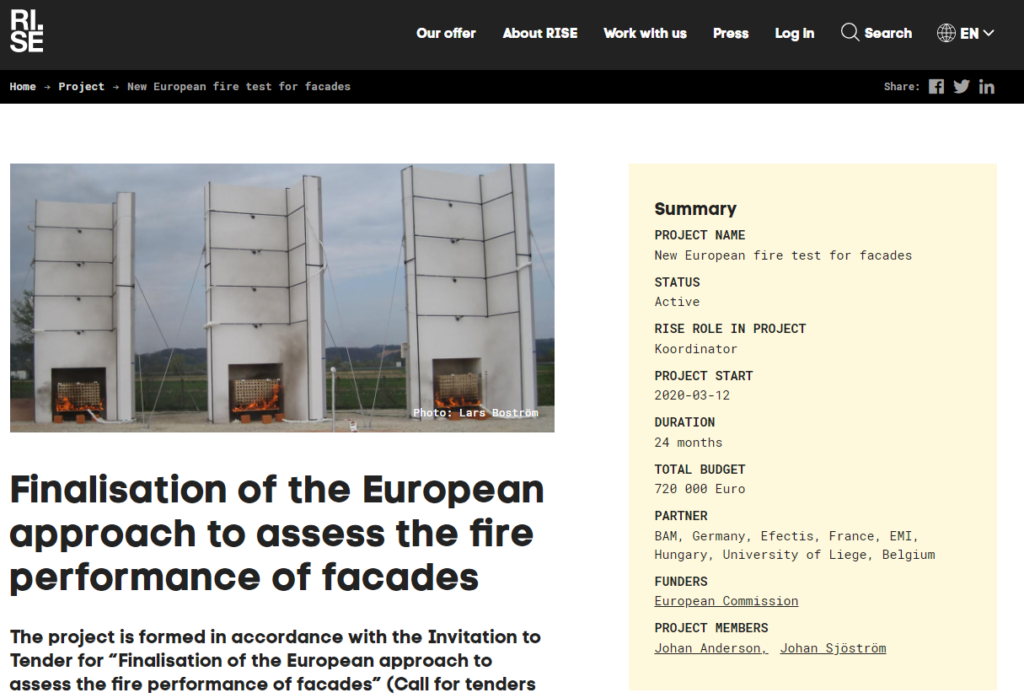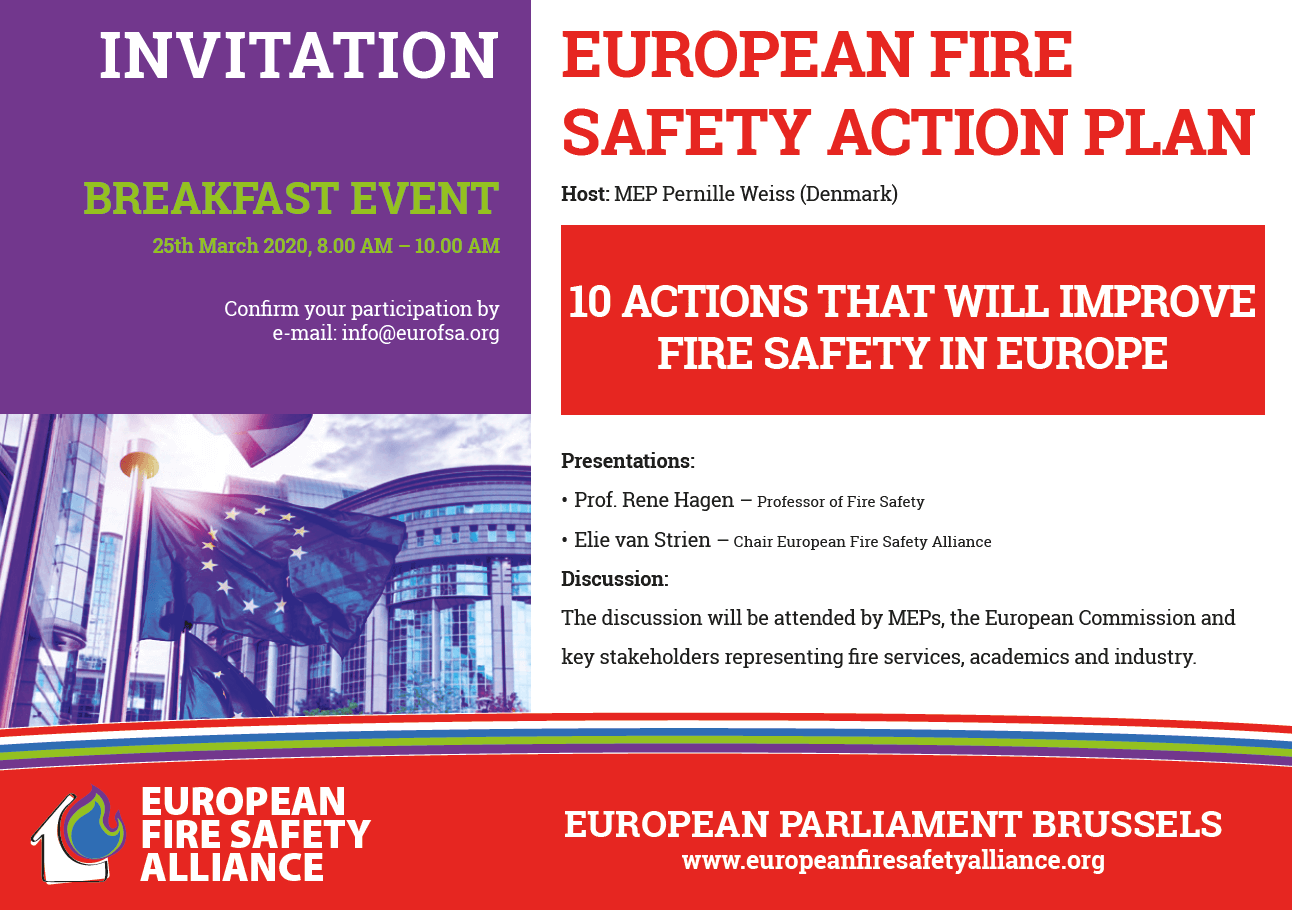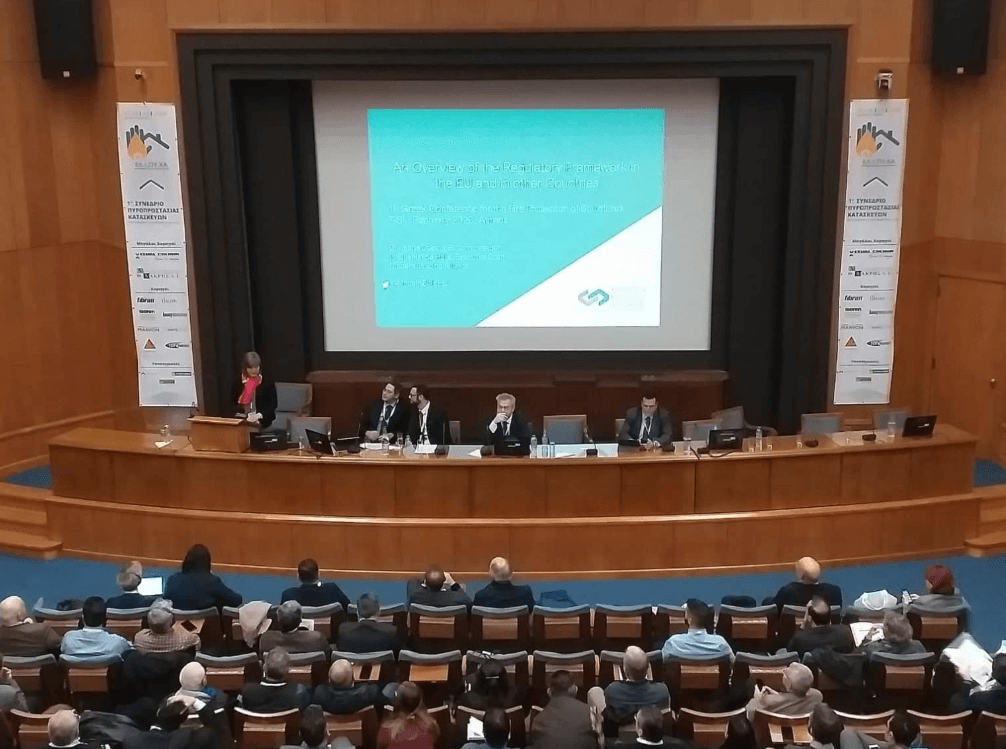27 April 2020
Ensuring the fire safety of buildings is a complex issue requiring competent professionals with clear roles and responsibilities, who are involved during the buildings’ design, construction and maintenance phases. The Modern Building Alliance believes that developing knowledge and competencies is a necessity, in particular to accompany the sustainable transformation of the building stock.
Achieving net zero carbon and circularity for buildings is an ambition that requires many solutions, such as high-performance insulation, resource efficient materials, renewable energy and energy storage technologies. These innovations can entail not only fire risks but also opportunities. Fire safety must neither lag behind nor impede this evolution. It must accompany it. That’s why we must develop knowledge and competencies related to fire safety. This will enhance a safe energy transition that is in the interest of all, including industries contributing to sustainable construction.
Academics have analysed the need to improve fire safety competency and to involve fire safety expertise better in building design and inspection. They call for improved definition of competencies, enhanced education and accreditation, and the establishment of a legal framework for the involvement of accredited fire safety professionals in building design and inspections.
Find out more
The Modern Building Alliance advocates that the EU should play a central role in supporting these necessary developments. We see 3 parallel strands of work:
- Define roles, responsibilities and required competencies for accredited fire safety professionals. Compare with current situation and analyse shortcomings
Several elements already exist, such as the International Master of Science in Fire Safety Engineering (IMFSE) co-funded by the Erasmus+ Programme of the European Union. Well-established research and education already exist on a national basis in some European countries. Fire safety engineers are organised into professional societies such as SFPE or IFE. A detailed map of the current situation and a gap analysis should be carried out. This should be initiated by the European Commission, involving independent academics, representatives from fire services and national regulators.
- Identify a way to embed the need for fire safety competency in legislation
The Energy Performance of Buildings Directive (EPBD), since its first version in 2002, has required Member States to establish systems of accreditation of independent experts for the energy performance certification of buildings and for the inspection of heating and air conditioning installations. Nowadays, you must involve an accredited energy expert in any building design, but in many cases you don’t have to involve a fire safety expert. You need to check the energy performance of heating systems regularly, but in several countries you don’t have to check the safety of electrical installations or the performance of fire safety features regularly. Since 2018, the EPBD has asked Member States to address fire safety (and risks related to intense seismic activity). A future revision could require, more specifically, the involvement of accredited fire safety designers and regular fire safety and electrical safety inspections.
- Develop knowledge and education at national and EU levels
Various different programmes of the EU, such as Horizon Europe or Erasmus+, can be used to develop knowledge, research and education further in fire safety. Horizon Europe can ensure that there is sufficient investment in the development of fire safety science and engineering. We already called for this, with a wide range of stakeholders, in June 2019. Erasmus+ can ensure the development of the necessary education programmes in Europe.
#FireSafetyCompetency



